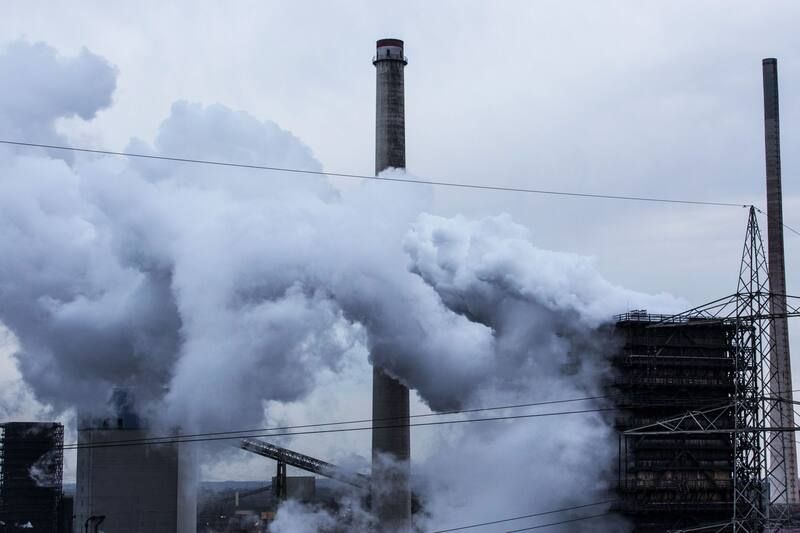
The past few months have seen a giddying flurry of countries and companies committing to achieving “net zero” carbon emissions by mid-century. But upon examining the fine print of some of the announcements, all is not what it seems. These pledges are too often based on a confused understanding of what net zero means.
Without clarification — and real enforcement — net zero will become an empty slogan that governments, corporations and investors can use to greenwash emissions as usual.
Even top climate diplomats aren’t immune to misusing the phrase. Mark Carney, former head of the Bank of England and a climate adviser to the British prime minister, declared this month that Brookfield Asset Management, where he is an executive, has already achieved net zero. “The reason we’re net zero is that we have this enormous renewables business,” he said, and thus “all the avoided emissions that come with that” offset existing investments in entities that emit carbon.
That is not net zero. (To his credit, Carney walked back his statements after public furor.)
So what should count as net zero? A goal of net zero should mean cutting emissions to zero, as soon as possible. If not immediately possible — which is understandable, especially for utilities, heavy industry and agriculture — then a goal of net zero means implementing a realistic plan for transitioning to zero for all greenhouse gases while finding offsets for residual emissions.
One example of an offset is direct air capture technology — literally, a machine that sucks in air and extracts carbon dioxide for sequestration. Another offset is much lower-tech: planting forests.
What has become clear is that there is confusion about how much capacity we have for “offsetting” emissions, as opposed to reducing them altogether. Nature has its limits; there’s only so much land available for tree-planting. And carbon-capture technology is extremely expensive, and thus not deployable at scale yet.
Unfortunately, this hasn’t stopped some entities from launching splashy net zero PR campaigns while relying on unrealistic assumptions about offsets.
Take Shell Global. Shell announced it’ll achieve net zero by 2050 in part by “planting forests the size of Spain” (while continuing to produce oil and increase its natural gas production). Spain is approximately 50 million hectares. The United Nations estimates there’s only about 500 million hectares of land available for forest planting. Ten percent of available land for just one company is not sustainable — and beggars belief.
The wave of net zero pronouncements comes at a critical moment. The United Nations reported last month that emissions are on track to be just 0.5 percent below 2010 levels by 2030, compared with the 45 percent needed to achieve net zero emissions by 2050, which would give the world the best chance of avoiding the worst projected consequences of global warming.
Fudging a net zero commitment doesn’t reduce emissions, exacerbates the climate crisis and emits cynicism, which threatens the political momentum generated by scientific warnings and popular demands for action.
So what needs to happen?
First, we need enforceable international rules, independently adjudicated and based on science, free from industry influence — think a climate World Anti-Doping Agency with teeth.
The rules need to make clear that carbon must first be removed. Where there is no prospect of getting to zero in the medium term, residual emissions will need to be offset. We will need to agree what residual emissions are. Offsetting should preferably be by a method where the carbon is removed and stored for the long term.
Offsetting is a critical buffer and should be regarded as a precious space — one that should only be used for difficult-to-abate emissions. Offsetting cannot be a crutch for firms wanting to extend business as usual or countries slow-walking the transition to carbon neutrality.
How do we create these fair rules of the race to net zero? With the Biden administration taking a total government approach to climate action at home and abroad, and with Britain as hosts of both the climate talks this year and for the Group of Seven, it is time for a new foray into international rule-setting — this time green — and bringing Brazil, China, Japan, South Korea and the European Union along. It is part of the essential preparation for winning the race to net zero for all our sakes.
Rachel Kyte is dean of the Fletcher School at Tufts University and a climate adviser for the U.N. secretary-general.
